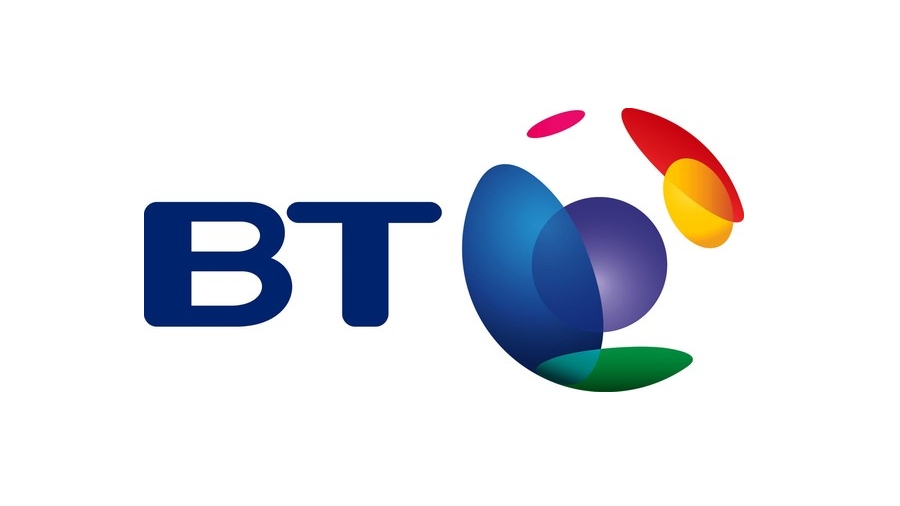BT lands £35 million East Sussex broadband deal
Inked as part of county council's 'e-Sussex' project

BT has signed a multi-million pound deal with East Sussex County Council and Brighton and Hove City Council to make fibre optic broadband available to 66,500 rural homes and businesses in the area.
The deal was inked as part of the former's 'e-Sussex' project, which aims to improve broadband speeds in 'not-spots' (speed less than 2Mbps) and rural areas.
The faster network is being launched on the back of BT's ongoing commercial fibre roll out and will provide up to 96% of the area's businesses and homes with download speeds of up to 24Mbps in the next three years, with the remaining 4% covered by 2017.
Most premises are set to receive fibre-to-the-cabinet (FTTC), which can reach downstream speeds of up to 80Mbps, and upstream speeds of up to 20Mbps. BT said fibre-to-the-premises (FTTP), which boosts download speeds up to 330MBps, will also be available on demand in certain areas.
Funding
BT is contributing £9.8 million toward the cost of the project, while East Sussex County Council is providing £15 million. An additional £10.64 million is coming from the Government's Broadband Delivery UK (BDUK) project.
The new fibre-based network will be open to more than 80 communications providers offering services over BT's network, which the telco said will increase competition and improve services to small businesses and residents.
Bill Murphy, managing director of Next Generation Access for BT, said the deal would help local businesses grow, attract inward investment and boost the local economy.
Are you a pro? Subscribe to our newsletter
Sign up to the TechRadar Pro newsletter to get all the top news, opinion, features and guidance your business needs to succeed!
BT has so far encountered little competition in securing 24 of the government's 44 BDUK contracts.
Badger barrier
However, it recently discovered it will have to re-plot a course to lay fibre optic broadband cables in the Easingwold area north of York after Openreach engineers ran into badger setts, according to a story by the Telegraph.
The telco was forced to suspend work and call in a specialist badger consultant after discovering that its planned route to feed fibre cables from properties to the local exchange ran headlines into the badger setts.
